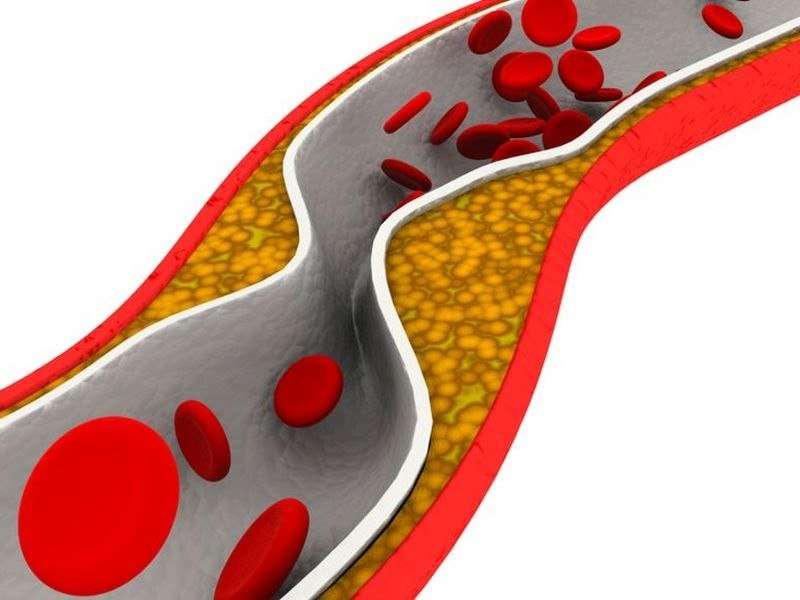(HealthDay)—Increased arterial stiffness, as measured by carotid-femoral pulse wave velocity (c-f PWV), is associated with increased incidence of diabetes, according to a study published online Sept. 29 in Diabetes Care.
Iram Faqir Muhammad, from Lund University in Sweden, and colleagues examined the correlation between arterial stiffness as measured by c-f PWV and incidence of diabetes in a population of participants from the Malmö Diet and Cancer cardiovascular cohort. Data were included for 2,450 individuals (mean age, 71.9±5.6 years).
The researchers found that 68 participants (2.8 percent) developed diabetes during a mean follow-up of 4.43±1.4 years. Subjects in the first, second, and third tertiles of c-f PWV had crude incidence of diabetes of 3.5, 5.7, and 9.5, respectively, per 1,000 person-years. The hazard ratio for diabetes was 1 (reference), 1.83, and 3.24, respectively, for the tertiles of c-f PWV after adjustment for potential confounders.
"Increased c-f PWV is associated with increased incidence of diabetes, independent of other risk factors. These results suggest that increased arterial stiffness is an early risk marker for developing diabetes," the authors write.
More information: Abstract/Full Text (subscription or payment may be required)
Journal information: Diabetes Care
Copyright © 2017 HealthDay. All rights reserved.























